Prime Minister Modi expressed concern over unresolved issues in the India-China border area.
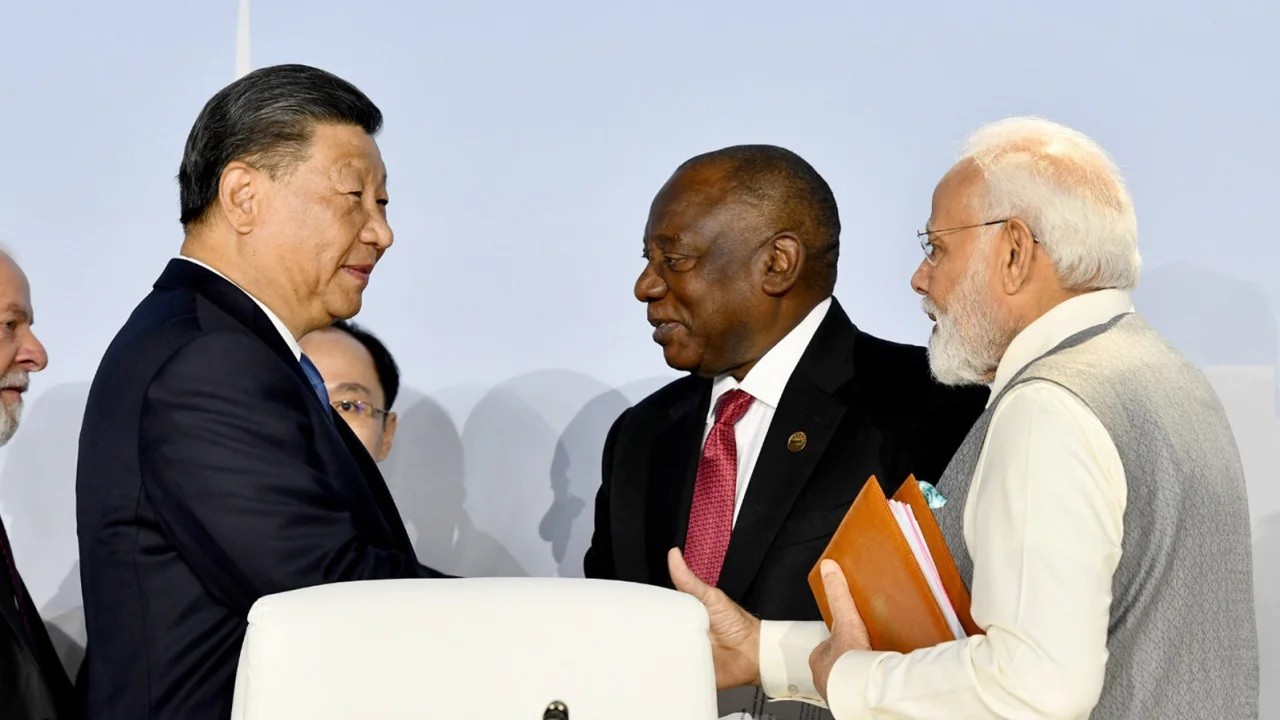 |
| Chinese President Xi Jinping (left) and Indian Prime Minister Narendra Modi at the BRICS Summit in Johannesburg, South Africa, August 24. (Source: Getty) |
On August 25, China confirmed that there was a "candid and in-depth exchange of views" on the border situation and China-India relations between President Xi Jinping and Prime Minister Narendra Modi on the sidelines of the BRICS Summit in Johannesburg, South Africa on August 23.
The Chinese Foreign Ministry also confirmed that the above conversation took place at the request of Indian Prime Minister Modi.
However, Indian government sources were quick to deny the claim, asserting that it was China that requested a bilateral meeting. Sources clarified that this was not a regular bilateral meeting but an “informal conversation”.
Beijing claimed that President Xi Jinping had advised Prime Minister Modi that both sides should handle the border issue “appropriately” but notably made no mention of any progress towards “expeditious disengagement and de-escalation” of troops from both countries in the Ladakh region.
Indian Foreign Secretary Vinay Mohan Kwatra told reporters in Johannesburg on Friday evening that after their conversation, Modi and Xi “agreed to direct relevant officials to intensify efforts for expeditious disengagement and de-escalation” between the two militaries in the Ladakh region.
“There is a pending request from the Chinese side for a bilateral meeting. However, the two leaders had a cordial conversation in the Leaders’ Hall during the BRICS Summit,” Indian government sources said.
On August 24, New Delhi reported that during the conversation, Prime Minister Modi expressed “India’s concerns over unresolved issues along the Line of Actual Control (LAC) in the western sector (Ladakh) of the India-China border area.”
At the same time, Mr. Modi stressed to the Chinese leader that maintaining peace and tranquility in the border areas and respecting the LAC is very important for normalizing relations between the two countries.
Source








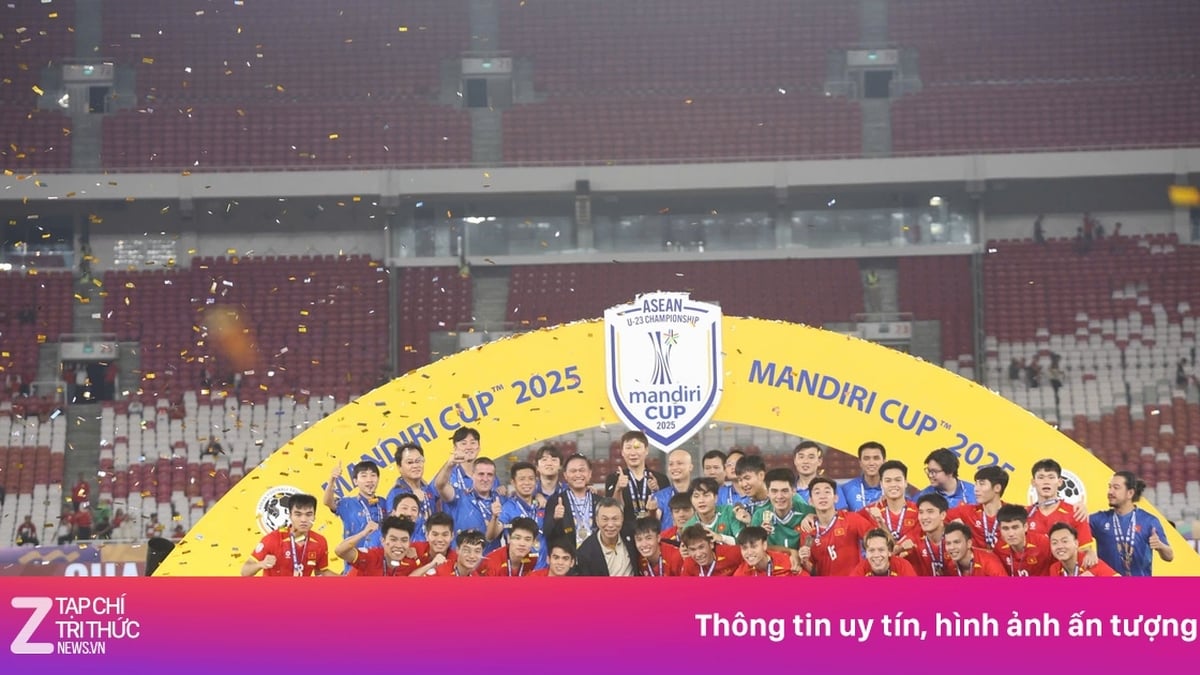



















![[Photo] National Assembly Chairman attends the seminar "Building and operating an international financial center and recommendations for Vietnam"](https://vphoto.vietnam.vn/thumb/1200x675/vietnam/resource/IMAGE/2025/7/28/76393436936e457db31ec84433289f72)

































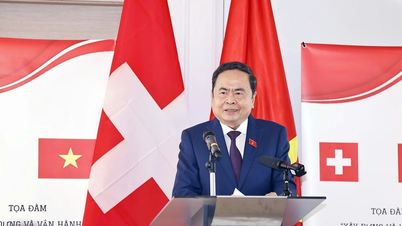



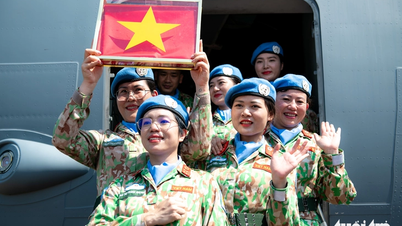


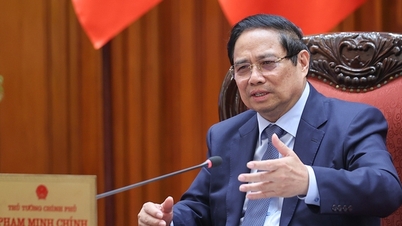
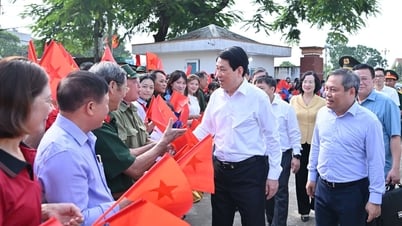

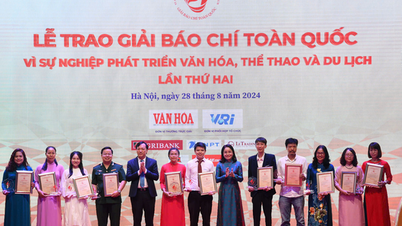























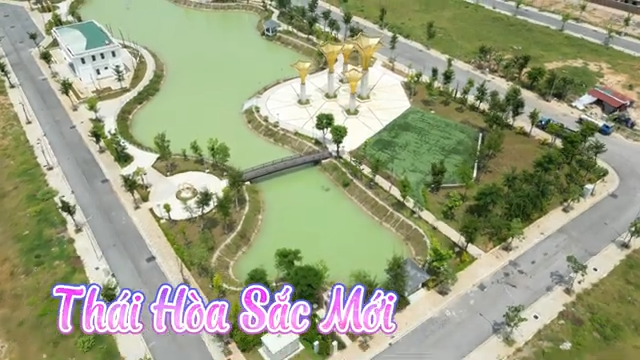
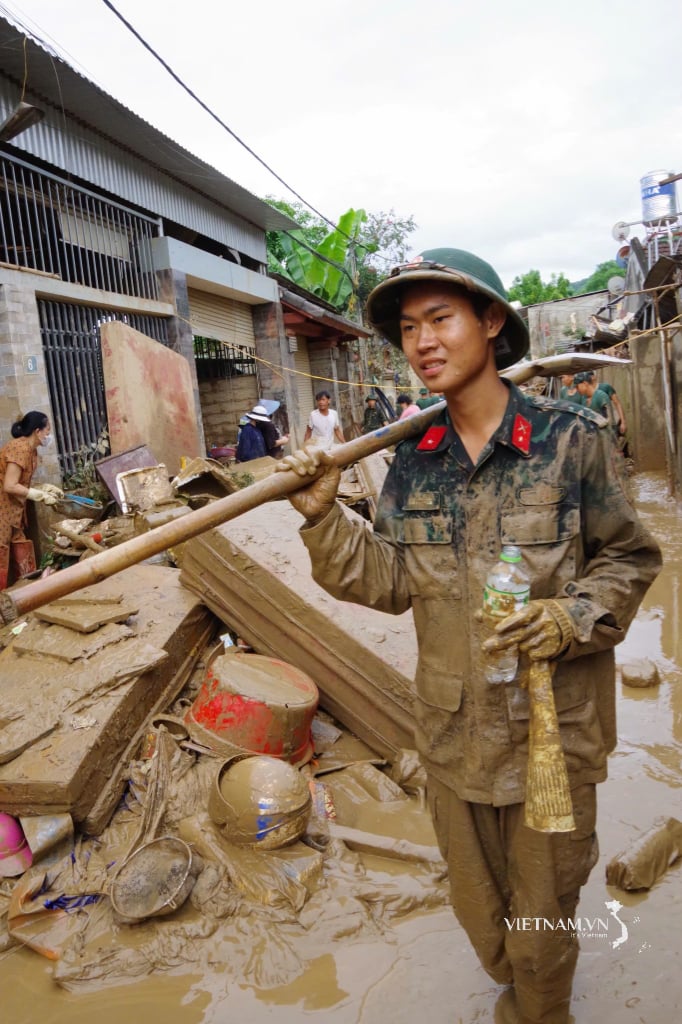


Comment (0)